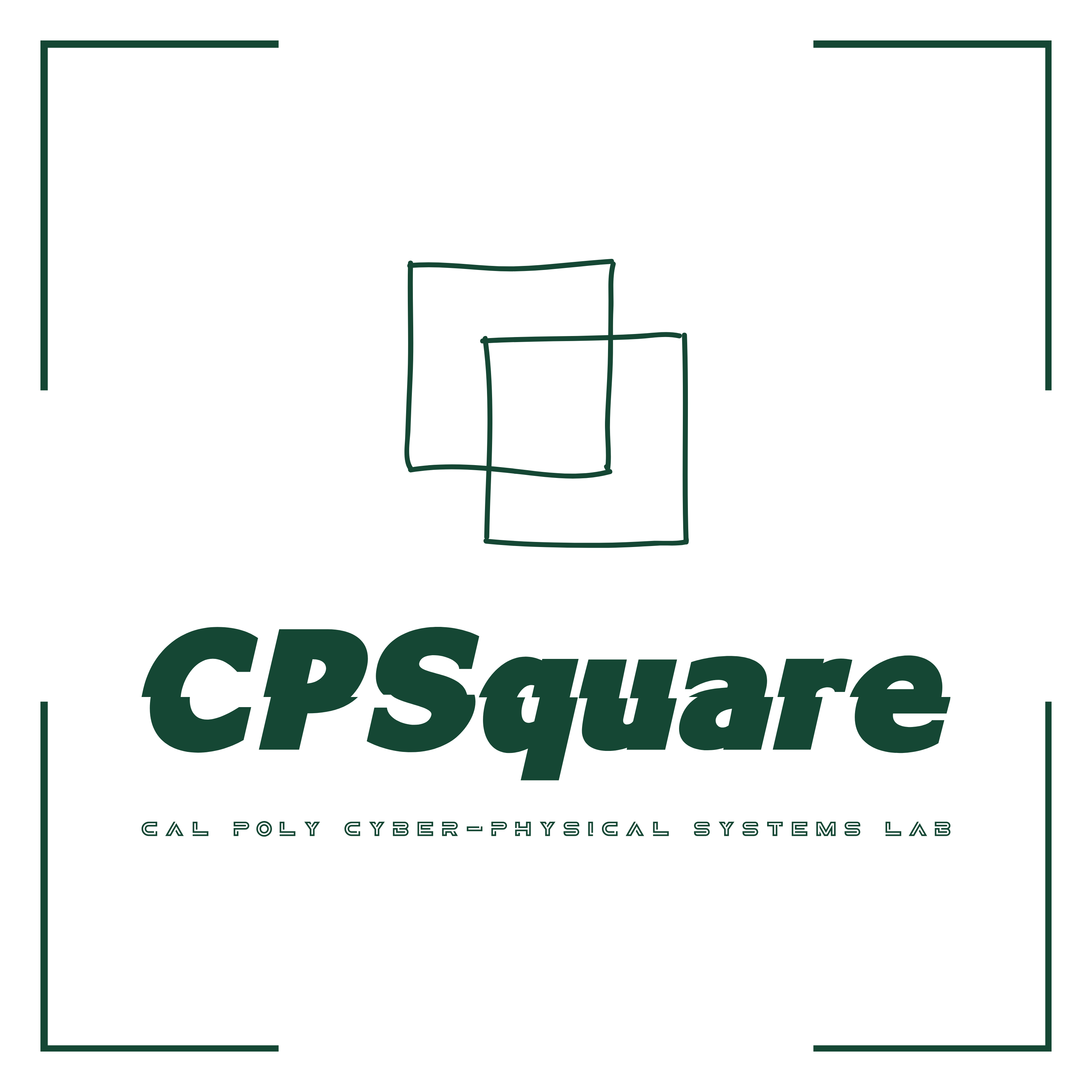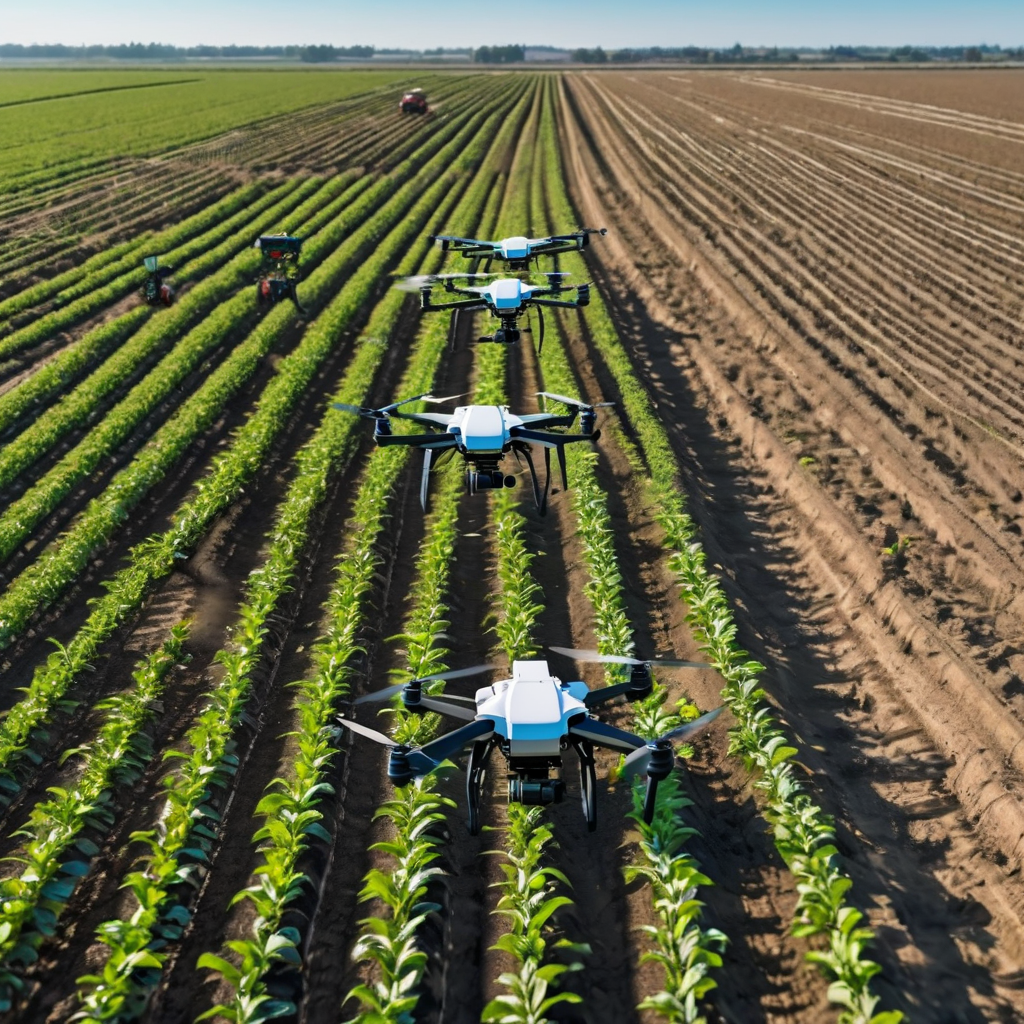



Research
The mission of our research group at CPSquare is centered around the development of theoretical and experimental methods for robotics, automation, and cyber-physical systems (CPS), including autonomous vehicles, unmanned aerial vehicles, and robot manipulators. Our work is focused on three key research directions, detailed below.
We are consistently seeking ambitious graduate and undergraduate students interested in cyber-physical systems and robotics. If you're motivated by addressing fundamental challenges for autonomous systems and are considering theoretical/experimental research collaborations, feel free to contact sfarzan@calpoly.edu.
1. Robust and Safe Motion Planning and Control for Cyber-Physical Systems
This research investigates robust motion planning and control strategies for cyber-physical systems, emphasizing safety and resilience in complex, uncertain environments. We explore how autonomous agents (e.g., vehicles, drones) can operate reliably and safely, whether individually or in coordinated groups. Integrating advanced techniques from control theory, artificial intelligence, and machine learning, we address key challenges such as sensor noise, environmental disturbances, and unpredictable dynamics to design decentralized, fault-tolerant systems for both single-agent and multi-agent scenarios. Our goal is to enable reliable operation in critical applications like autonomous transportation, surveillance, and disaster response.
2. Advanced Vision-Guided Planning and Manipulation for Industrial Automation
This research investigates advanced vision-guided techniques to enhance robotic capabilities in industrial automation and material handling. By combining robotic vision with motion planning, robots are enabled to perceive and interact with their environment more effectively. Control strategies leveraging visual feedback (visual servoing) guide robot motion with high precision and robustness, even in dynamic environments. Efficient motion planning algorithms integrate visual information to allow robots to perform complex tasks such as assembly, inspection, and packaging, ultimately aiming to revolutionize manufacturing and logistics through increased productivity, reduced costs, and improved flexibility.
3. Agricultural Robotics for Efficient and Sustainable Farming
This research focuses on developing robotic systems to tackle modern agriculture’s challenges and promote sustainable farming practices. It integrates advanced sensing, actuation, and autonomous decision-making to optimize crop management, reduce labor demands, and minimize environmental impact. The work includes creating robust navigation and localization algorithms for robots in unstructured agricultural settings, integrating advanced sensors like multispectral imaging and LiDAR for precise crop monitoring, and designing systems for planting, harvesting, weeding, and pruning.


